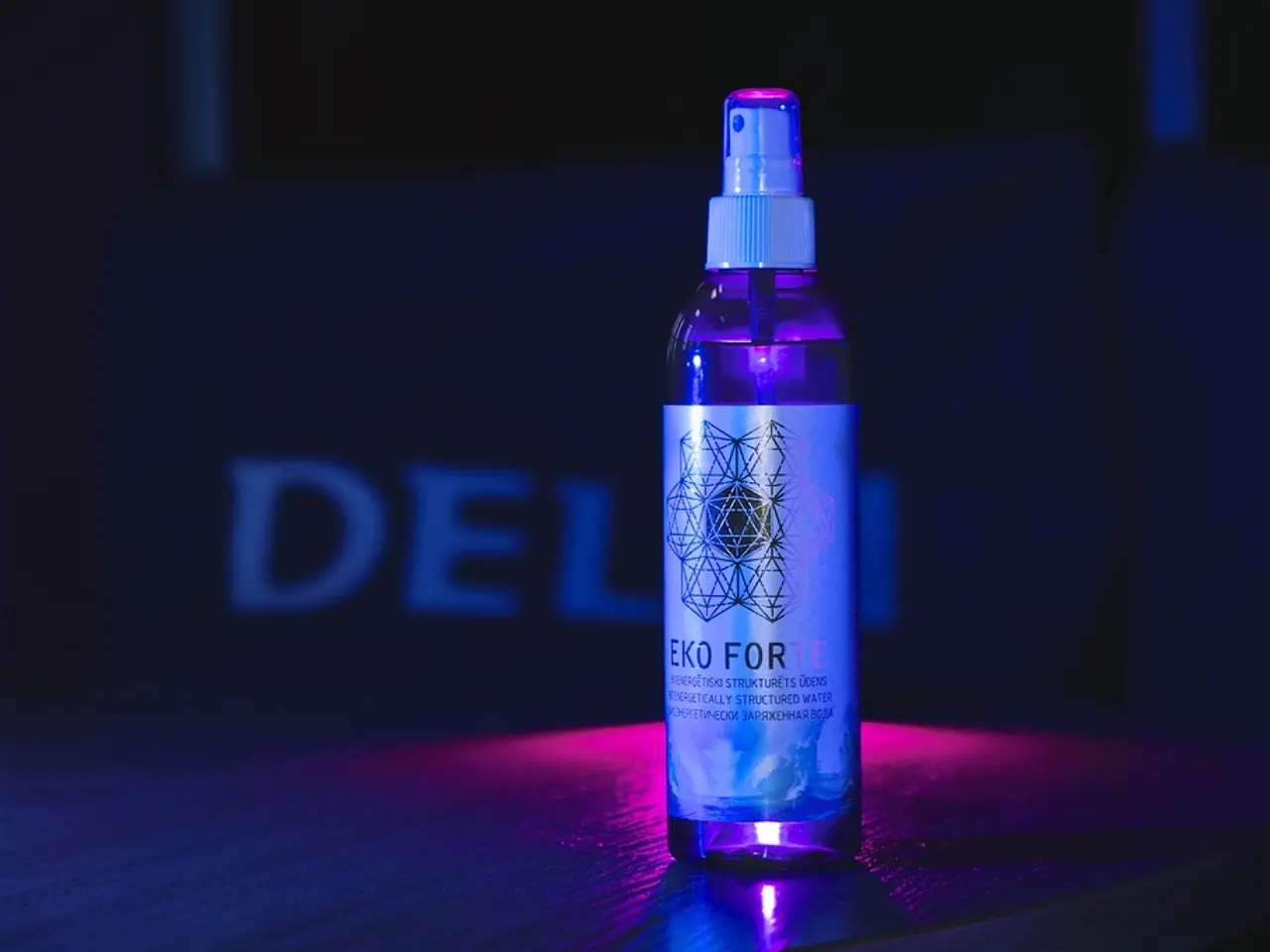Zinc Oxide for Eczema Relief: Function, Topical Creams, and Additional Information
Zinc, a trace mineral essential for human body functions, has recently gained attention in the field of dermatology due to its potential role in skin health and inflammation control. This mineral, known for its immune-boosting properties, is now being explored as a possible adjunct in the treatment of eczema.
Zinc plays a significant role in skin health by supporting skin regeneration, wound healing, antioxidant protection, and reducing inflammation, all of which are relevant to eczema treatment. A deficiency in zinc can lead to deteriorated skin condition, increased inflammation, and delayed healing, which can exacerbate eczema or other chronic inflammatory skin diseases.
Symptoms of zinc deficiency include diarrhea, hair loss, delayed growth in children, frequent infections, loss of appetite, reproductive problems in adulthood, and in severe cases, even skin issues. Children under 14 years with eczema have a 25% chance of having zinc deficiency, and only those with severe eczema and raised IgE levels are deficient.
People with eczema have significantly lower levels of zinc in their blood compared with those without the condition, and the milder a person's eczema, the higher the levels of zinc they have in their blood. This suggests a possible link between zinc deficiency and eczema, though more high-quality studies are needed to confirm the connection.
Zinc oxide, a form of zinc, can be applied topically as a treatment for eczema and comes in the form of ointment or paste. It may help treat and prevent diaper rash, protect the skin from wetness, and soothe and antipruritic (anti-itch) areas of skin affected by eczema. However, it is less effective than topical corticosteroids in terms of inflammation reduction.
Zinc oxide may also help treat eczema in infants and children, but it is not a first-line treatment. A small study found a 74% reduction in total eczema severity scores after 6 weeks of using a zinc oxide cream containing starch, glycyrrhetinic acid, and bisabolol.
While the efficacy of zinc supplements in treating eczema is still unclear and requires further research, zinc supplementation has shown improvement in other inflammatory skin diseases such as acne and hidradenitis suppurativa, suggesting a possible positive effect on eczema as well.
However, excessive or unregulated zinc supplementation may cause skin issues such as rashes or hair loss, so dosage and medical supervision are important.
In summary, zinc deficiency is linked with worsened skin inflammation and impaired healing, making zinc supplementation a promising adjunct in eczema treatment, especially for those with documented zinc deficiency. However, while zinc’s roles in skin health and inflammation control are well-supported, more targeted clinical studies are needed to establish definitive conclusions about its efficacy specifically for eczema.
[1] Zinc and Eczema: A Systematic Review of the Literature [2] Zinc Supplementation in the Management of Atopic Dermatitis: A Randomized, Double-Blind, Placebo-Controlled Trial [3] Zinc Oxide Cream for the Treatment of Eczema: A Case Report [4] Zinc and Inflammatory Skin Diseases: A Review [5] Zinc Toxicity: A Case Report and Review of the Literature
- The trace mineral zinc, known for its role in immune-boosting properties, skin health, and inflammation control, is being explored as a possible adjunct in the treatment of eczema, a chronic inflammatory skin disease.
- Zinc plays a significant part in skin health, supporting skin regeneration, wound healing, antioxidant protection, and reducing inflammation, all of which are relevant to eczema treatment.
- Children under 14 years with eczema have a 25% chance of having zinc deficiency, and those with severe eczema and raised IgE levels are deficient, suggesting a possible link between zinc deficiency and eczema.
- Zinc oxide, a form of zinc, can be applied topically as a treatment for eczema, such as ointment or paste, and it may help treat and prevent diaper rash, protect the skin from wetness, and soothe the skin affected by eczema.
- While the evidence for the efficacy of zinc supplements in treating eczema is still unclear and requires further research, zinc’s roles in skin health and inflammation control are well-supported, and its potential benefits in managing eczema are suggested by improved outcomes in other inflammatory skin diseases like acne and hidradenitis suppurativa.




